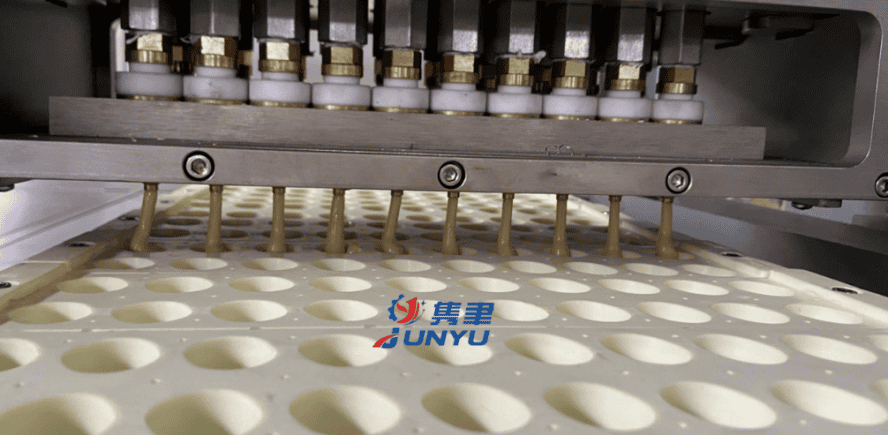So you’ve seen the delicious treats, but how do they get there? Here’s a brief look at how a cookie is made, from its origin to its containers. In fact, the answer to that question may surprise you! You might not even realize that cookies go through a complex manufacturing process. In this article, you’ll discover what goes into making a cookie, as well as the ingredients, packaging and processing involved.
Origins
The cookie evolved from a cake – a sweetened bread with a nutty flavor. Unlike cakes, however, cookies do not contain water. Water in cakes thins the base of the cake and allows for bubbles to form. Instead, cookies use oil as the cohesion agent. Oils, such as butter, vegetable oil, or lard, are more viscous and can evaporate at higher temperatures.
Ingredients
Most cookies are made with the same basic ingredients. The dry ingredients are all-purpose flour, baking powder and soda. Sweeteners are usually sugar. Fat, such as butter, margarine or shortening, is also used. Different types of vanilla extract are also commonly used to add flavor. Despite the similarities, cookies differ from their homegrown cousins in some ways. While home-baked cookies are a healthier option, factory-produced ones are often loaded with extra calories.
Process
Cookie production begins with a dough kneading step. Several ingredients are added, including granulated sugar, salt, emulsifier, melange, and a chemical called sodium pyrosulfite. Once the ingredients are combined, the dough is placed in a mixing machine and brought to a moderate temperature. The dough is kneaded to the desired consistency, and then poured into production trays.
Containers
Cookie factories are increasingly looking for sustainable alternatives to their conventional packaging. Packaging for cookies needs to be carefully considered at every step, from mixing the dough to baking and packaging. Incorrectly produced cookies can result in loss of profits. Investing in quality and dependable machinery is one way to prevent losses and maximize returns on investment. Here are some examples of sustainable packaging options. Listed below are some of the top options available to manufacturers.
Worker cooperatives
If you have a passion for baking and love your job, you may want to consider starting a worker cooperative in a cookie factory. The concept of worker-owned businesses is a growing trend, and this pandemic has helped make these businesses popular. However, launching a worker cooperative is not as simple as it seems. One of the biggest challenges is gaining funding. Traditional business models usually involve a single owner or a couple of individuals who own the business. Consequently, obtaining a business loan can be difficult for co-ops.
Succulent dough
Succulent dough is one of the key ingredients of a cookie. In order to make cookies with this unique texture, dough is first mixed with yeast. It is then allowed to ferment for 20 to 26 hours. Once the dough is fermented, it is placed on a conveyor belt and conditioned to become harder. Once conditioned, it is then ready to be topped with different ingredients. The process of cookie making in factories is similar to those used by the bakeries.
Long-lasting cookies
Most of the ingredients used to make long-lasting cookies are common to all bakery products, including cakes, pastries, and cookies. Ingredients used in cookie making include fat and water, and the dough is usually made with a high proportion of fat. The fat acts as a lubricant in the mixing process, and helps to keep the cookies soft and flexible. The sweetener composition is important for achieving a soft cookie dough, as its content ranges from 17 to 30 percent on a solid basis. Regularly used sweeteners include sucrose, high fructose corn syrup, and invert sugar.





